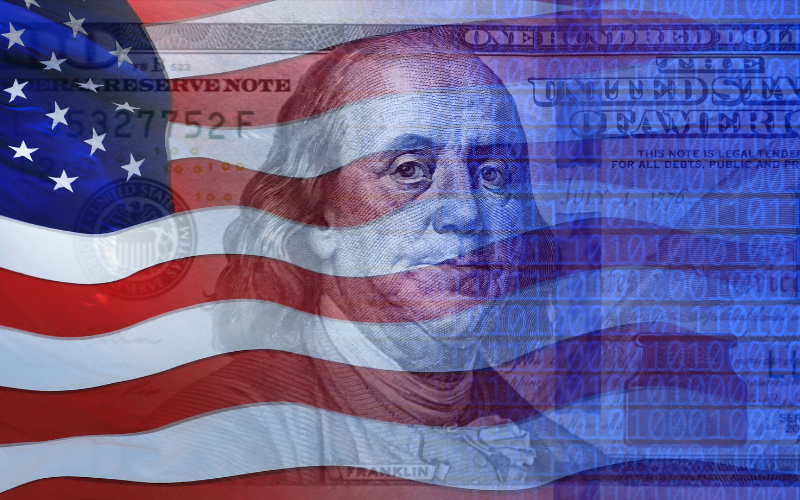In 1796, the last full year of George Washington’s presidency, the citizens of the United States honored their first president by celebrating his birthday, February 22nd. From the celebration in 1796 sprung a tradition of honoring President Washington by celebrating his birthday. By the early 1800s, wealthy Americans were celebrating Washington’s birthday with lavish parties and receptions; the average American commemorated the holiday by gathering with friends for picnics or a couple of drinks at the local bar. Though the majority of Americans celebrated George Washington’s Birthday, it was not an official national holiday until 1880. Many states instituted it as a state holiday, however, allowing Americans to enjoy a day off work to celebrate.
By the mid 1800s, another American president had captured the hearts of the American people: President Abraham Lincoln. Coincidentally, Lincoln’s birthday is February 12th. In 1865, one year after President Lincoln’s assassination, the nation officially honored his presidency and character by commemorating his birthday. In 1880, George Washington’s birthday became a federal legal holiday, making Washington the first American to have a federal holiday named in his honor. Though Lincoln’s birthday did not become an official federal holiday, many states began celebrating it either in addition to or in conjunction with George Washington’s birthday. Those states that celebrated Lincoln’s birthday in conjunction with Washington’s began calling the holiday Presidents Day.
In 1968, Congress passed legislation, known as the Uniform Monday Holiday Act that gave federal employees some fixed three-day weekends. With this legislation, the observance of Washington’s birthday was moved from February 22nd to the third Monday in February. In the same year, Congress debated the issue of renaming the holiday to Presidents Day. The motion failed and the holiday is still officially known as Washington’s Birthday even though it is popularly called Presidents Day around the country.
Beginning in the 1900s, few Americans celebrated the holiday with the type of zeal that their ancestors did. Most businesses closed and for most Americans, the holiday became simply a day off work. With the advertising boom of the 1980s, however, media executives saw an opportunity to promote the holiday as a “shopping holiday.” True to the American spirit of consumerism, businesses reopened their doors on Presidents Day in the 1980s and coaxed shoppers with huge sales. Today, the holiday is synonymous with shopping and sales. Given the state of the economy, however, it will be interesting to see how retailers fare this Presidents Day compared to those past.










